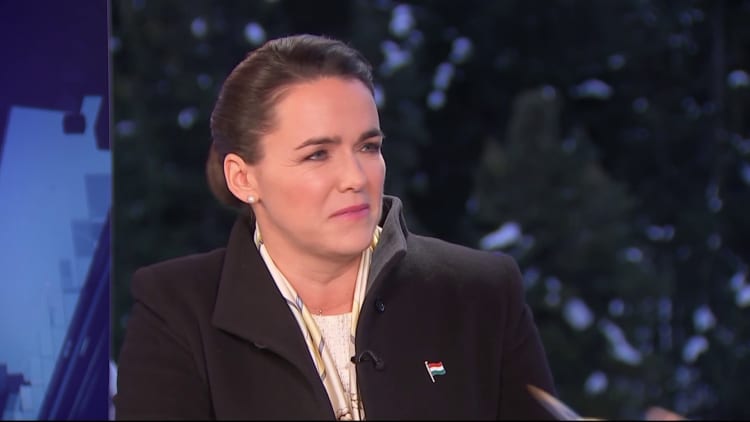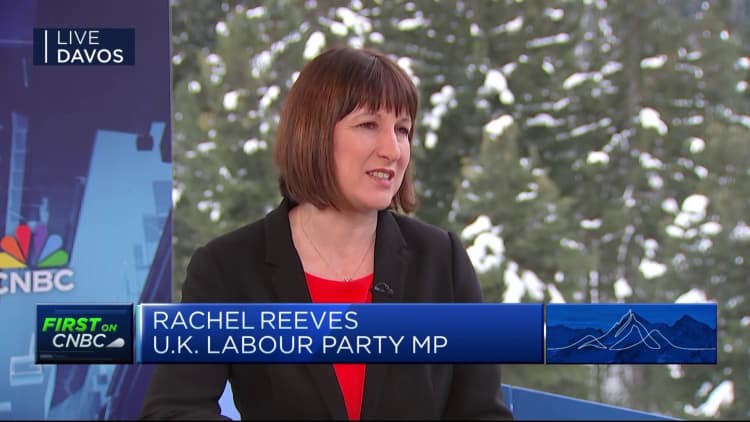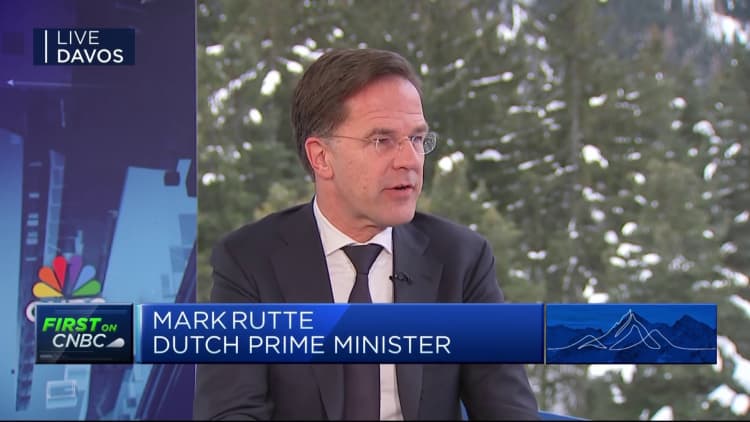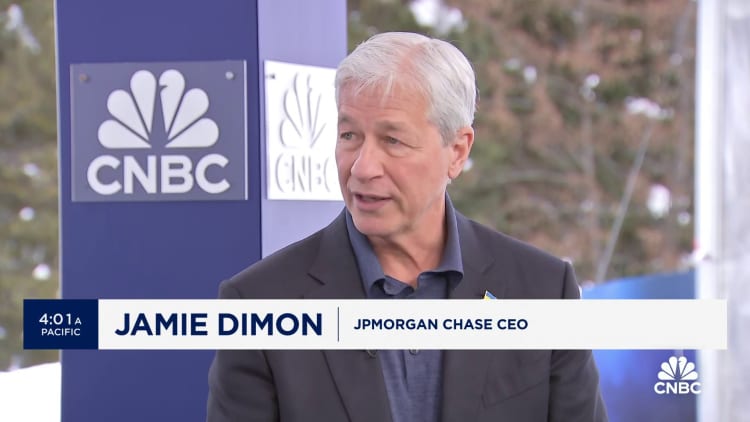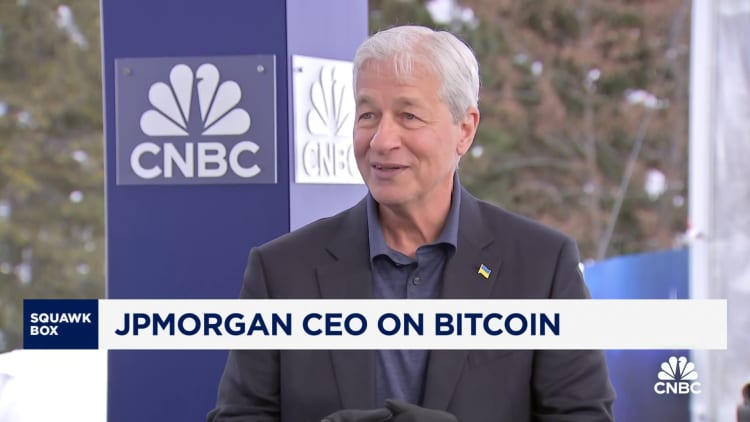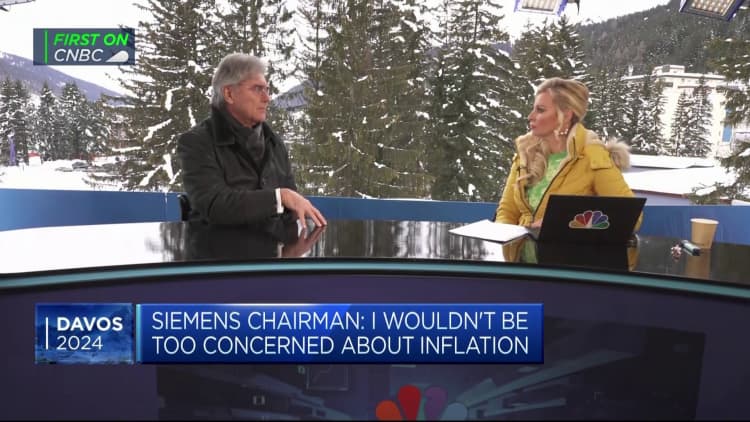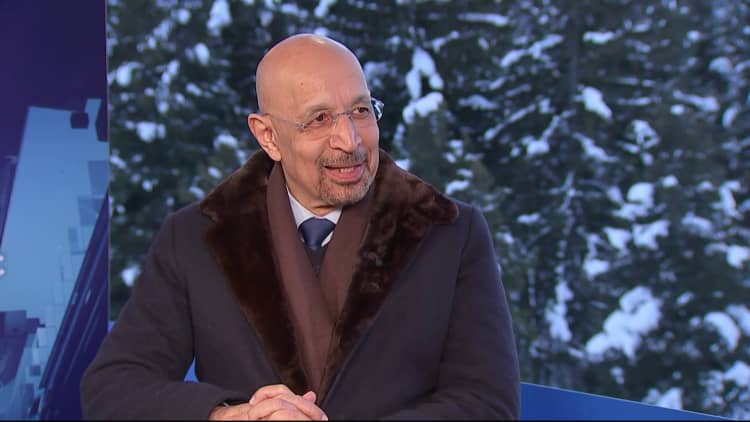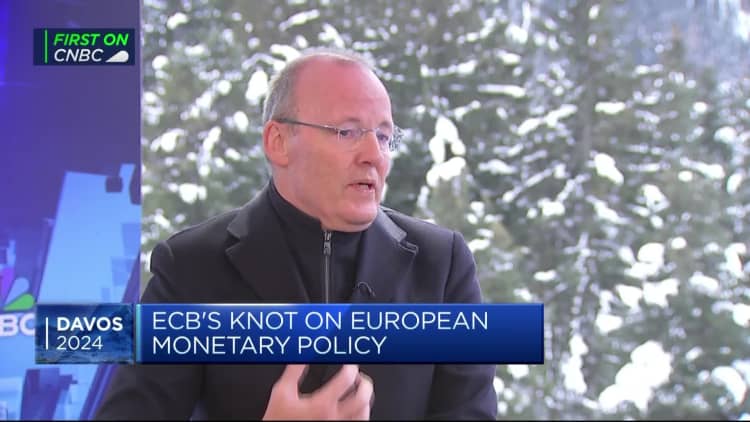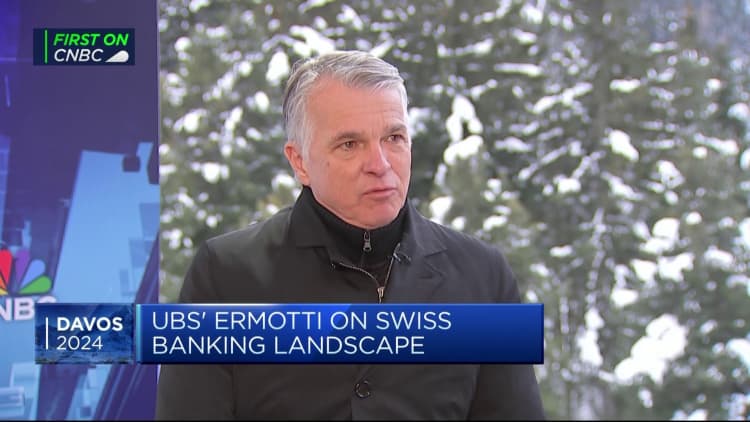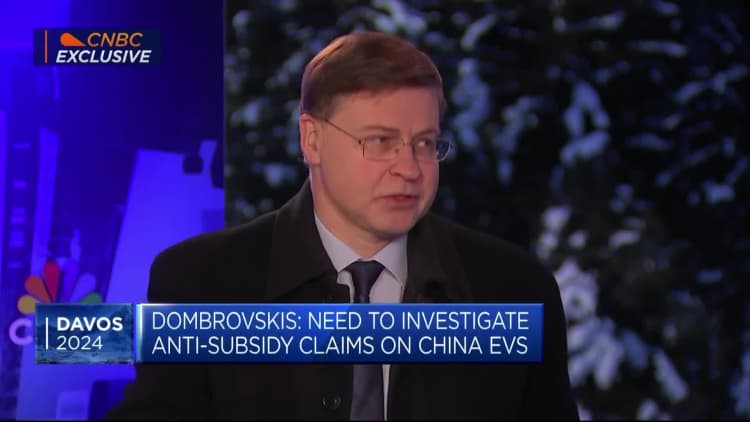Political and business leaders continue talks at the 54th Annual Meeting of the World Economic Forum in Davos, Switzerland, on Wednesday.
U.N. Secretary General Antonio Guterres, U.S. Secretary of State Antony Blinken, Spanish Prime Minister Pedro Sanchez and French President Emmanuel Macron are among the speakers addressing delegates at the Swiss town's Congress Center.
Correction: This live blog was updated to correct the name of U.S. Secretary of State Antony Blinken.



